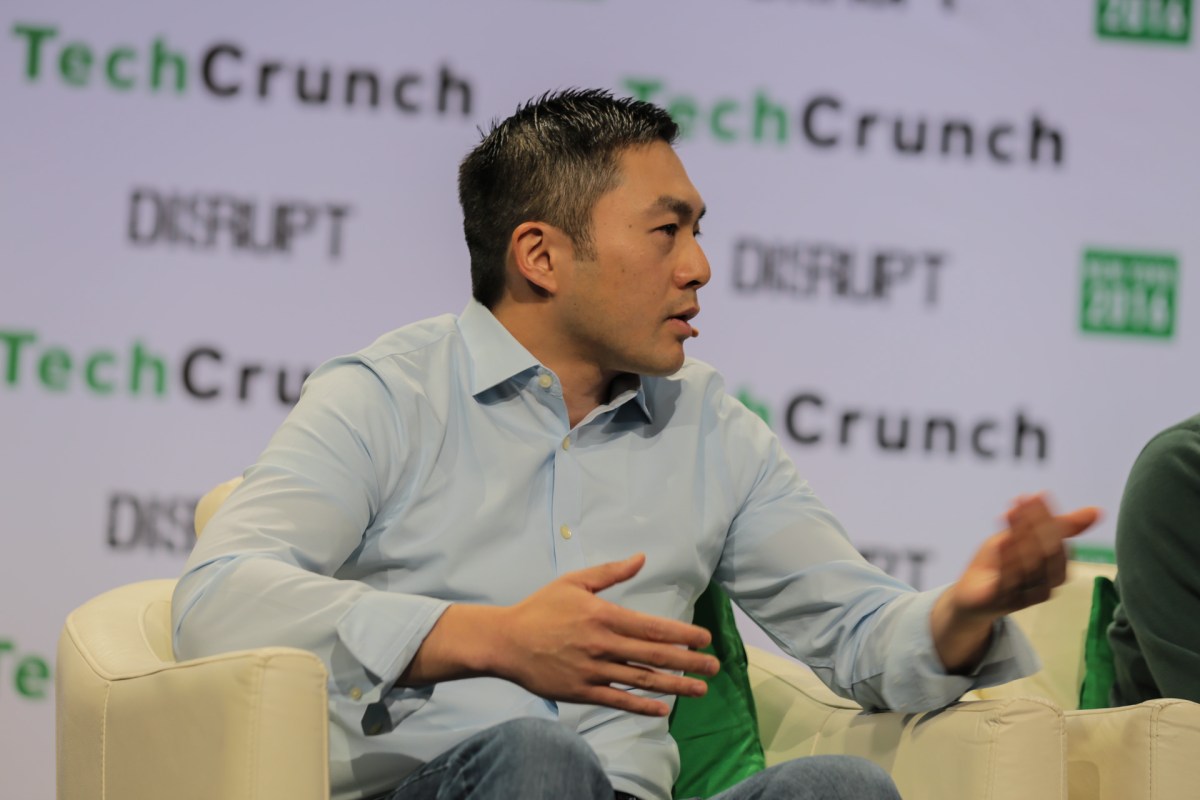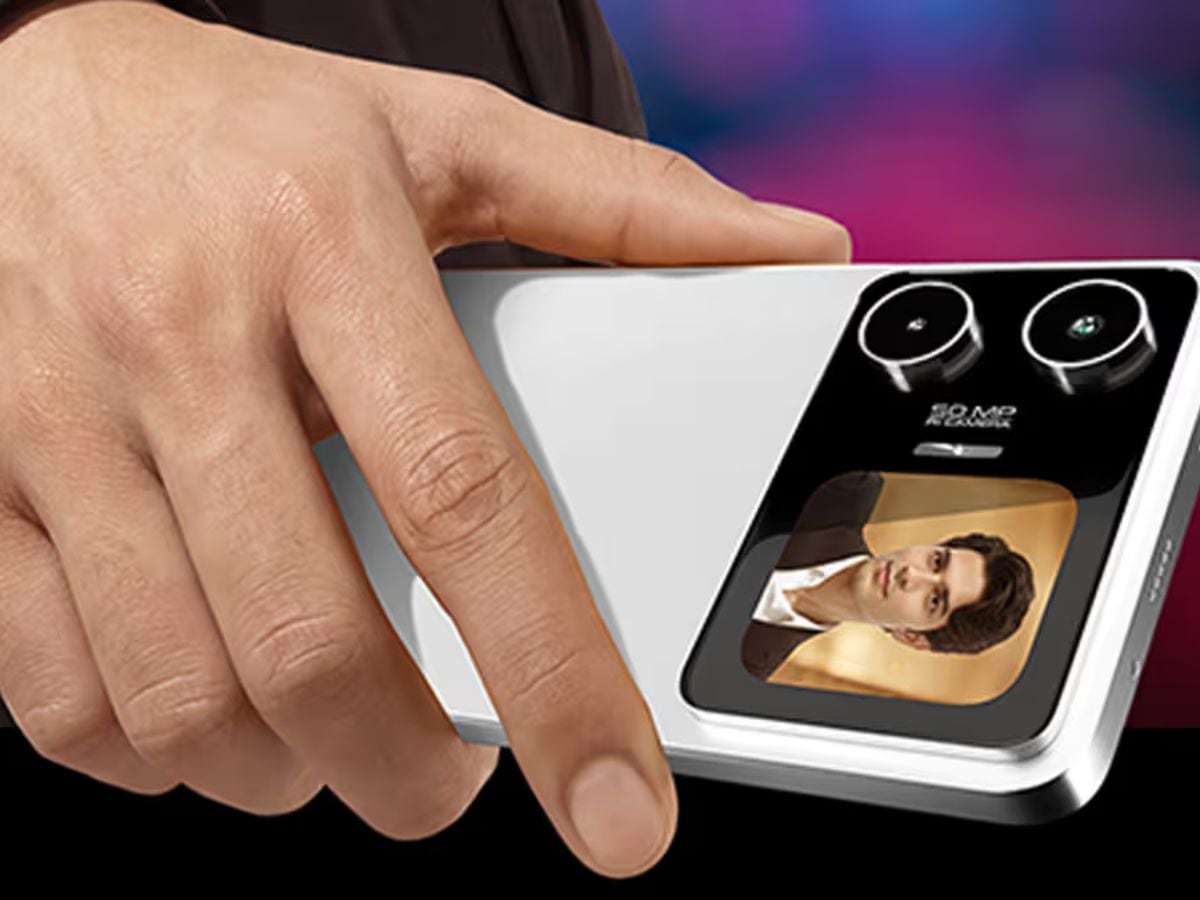Better Careborn as a spin-off of Park Taulí University Hospital of Sabadell in 2010, has established itself as one of the major international players in the field of clinical connectivity and the healthcare interoperabilitywith a presence in 12 countries and thousands of licenses deployed in critical environments. Its open and collaborative approach has allowed hospitals, professionals and patients to access high-quality clinical information and improve healthcare decision-making.
During this revolution, Artificial Intelligence has gone from being an experimental promise to becoming an essential tool that redefines diagnosis, prediction and patient safety. Better Care, since its foundation, has opted to integrate descriptive and predictive models that process information from different specialties and sources, placing technology at the service of clinical benefit and hospital efficiency.
Vincent BassCTO of the company, explains in this conversation the challenges and opportunities that have arisen as a result of digitalization: from the improvement in data integration for home care to the application of AI in patient monitoring, through public-private collaboration and the deployment of solutions capable of transforming daily clinical activity.
The technological commitment has never forgotten the reality of health professionals or the centrality of the patient, and predictive models and telemedicine tools predict a new stage where clinical data will be the main ally of health.
(MCPRO) How has clinical data management evolved in the last 15 years?
(Vicent Bas) I think the evolution has been enormous. Better Care, in fact, was born in 2010 as a spin-off of a public hospital, the Parc Taulí in Sabadell, to respond to a pressing need that existed at that time: to capture and manage in an efficient and harmonized way the data from different devices and manufacturers that coexisted in the same hospital. At that time, there were already solutions to integrate device data but, for the most part, they were linked to the manufacturers themselves, so it was very important to have agnostic models.
During these fifteen years, we have evolved at the same time as data management and the needs of healthcare professionals, because, in the end, no one knows better than them what tools can facilitate their work and deepen the benefit of the patient. Therefore, we can say that the companies that operate in this sector have advanced hand in hand with healthcare professionals.
In our case, thanks to the company’s roots in clinical and critical environments, we have developed a tool capable of collecting all the data generated by a patient in the center, regardless of the installed base, and offering this data with the highest quality for management and visualization in the different healthcare environments.
The integration of AI into these management models and also the development of predictive models has been further explored. Today, we have the ability to not only collect and manage high-resolution data but also offer advanced solutions to visualize this data across the entire continuum of care, both in the hospital environment and at home. Much progress has also been made in the development of predictive models for the evolution of a patient through the development of interpretation algorithms.
All in all, we cannot forget that the ability to manage the information generated by patients continues to be one of the great challenges of the health system, so we have a lot of ground to continue advancing. Not only the companies that carry out data processing but all the actors in the healthcare ecosystem.
(MCPRO) What role is Artificial Intelligence playing in medical decision making?
(Vicent Bas) 15 years ago, it was difficult to make a practical approach to the standardized use of Artificial Intelligence in healthcare environments. With the current paradigm shift, the integration of these tools in society and the rapid contribution of value that users find, all this is changing.
Currently, health professionals handle a large amount of data generated by the different medical devices connected to patients on a daily basis. This management requires considerable effort and, in many cases, complicates the understanding and interpretation of the information.
Artificial Intelligence, together with the other tools we offer, facilitates the collection, processing and analysis of large volumes of information from various health technologies in an integrated and simple way. This includes not only data obtained from medical devices, but also information from other sources such as medication, clinical analyzes or other third-party information systems. The objective is to be able to gather and study patient data at any stage of their care journey, in a unified and global way, providing a unique vision of the clinical process. Once we have this high-quality data, we can work on descriptive, diagnostic and predictive models.
On the other hand, we are increasingly seeing new applications that are beneficial for the healthcare professional and, consequently, for the patient. One of the most recent advances in the application of AI focuses on the monitoring of patients in critical condition, as it enables continuous monitoring and early detection of complications. For example, in intubated patients, AI can identify breathing asynchronies, allowing the healthcare professional to adjust mechanical ventilation to their needs, thus improving their evolution and prognosis.
(MCPRO) What are the main challenges and opportunities of healthcare digitalization?
(Vicent Bas) In terms of opportunities, we believe that there is a lot of territory in which we can continue to advance for the benefit of the healthcare professional and the patient. But I would like to stop at two. Firstly, we have to continue advancing in increasingly precise learning models in obtaining a diagnosis from the analysis of medical data. There are many algorithms with the capacity to support and improve detection in primary care. It is common for algorithms for the detection of cardiac conditions to coexist with electrocardiography systems and manage early alerts or aid in improving diagnosis.
On the other hand, we have a broad future in telecare, getting closer and closer to patient care and home care equivalent to that of a hospital admission, with the psychological benefit it entails and with the advantage in terms of the sustainability of health systems.
Precisely, in collaboration with the Parc Taulí of Sabadell, we have started this year with SAD 4.0, a home care project that allows us to carry out not only the clinical monitoring of people who are hospitalized at home, but also to provide human care thanks to the coordination with the social services of the Sabadell City Council. We believe that these transversal projects are a great opportunity for the future.
(MCPRO) How is data being used to improve hospital efficiency and patient safety?
(Vicent Bas) Firstly, it is worth highlighting that any innovation that benefits healthcare professionals has a positive impact on patients. For example, efficient data management facilitates and speeds up clinical decision-making which, in a field such as health, can mean saving lives.
But in addition, by speeding up the most automatic work, it allows the health professional to increase the time of attention and care for each case and, later, it also helps in the diagnosis and treatment itself. To this we must add the work that has been carried out in very sensitive areas such as critical patients or operating rooms, where healthcare professionals have access to a complete and accurate visualization of the patient’s health status.
Regarding hospital management, Better Care has worked since its inception with hospital centers to facilitate the connectivity of medical devices and systems and the processing of clinical data, making us a perfect technological ally for the National Health System. Furthermore, from our position, we can be a perfect example of what public-private collaboration represents in this area.
(MCPRO) What trends will mark the future of clinical data and AI in health?
(Vicent Bas) A deepening is expected in the areas where Artificial Intelligence is already showing a significant impact, especially in diagnosis, optimization of the work of health professionals and telemedicine.
First, machine learning models will achieve greater diagnostic accuracy through comprehensive analysis of clinical data, including medical images, analytical results, electronic records, and other patient health indicators.
Secondly, progress will be made in the use of clinical data to develop tools capable of integrating, managing and processing information from different medical devices, thus providing a global and coherent view of the patient’s condition.
Finally, the continuous improvement of the technologies applied to telecare will make it possible to offer home care comparable to hospital care, with the consequent psychological benefit for the patient and greater sustainability for health systems.











